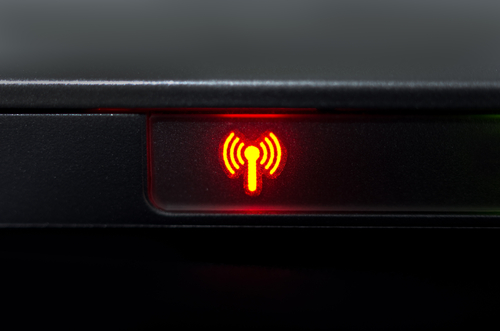

The Wi-Fi Alliance has finalised a set of tests for the wireless industry that it claims will ensure Wi-Fi can coexist peacefully with cellular networks that use the same unlicensed spectrum.
LTE-Unlicensed (LTE-U) pairs licensed mobile spectrum with bandwidth in the 5GHz band, which is used for Wi-Fi networks, to boost the strength and capacity of mobile signals.
Licence-Assisted Access (LAA) is being touted as a way of providing coverage to densely popular areas and to power industrial networks that require a guaranteed connection.
But such moves have concerned the Wi-Fi industry, which relies on this spectrum, and has sought to work with operators and the manufacturers of LTE-U equipment to ensure wireless networks are not affected.
The Wi-Fi Alliance claims its tests are the only ones to come with a “comprehensive” set of scenarios and are the result of compromises on both sides of the argument. The Wi-Fi Alliance says it is not seeking regulatory mandates, but is qualifying independent labs for the testing.
“Delivering a cross-industry coexistence testing solution was an unprecedented and difficult task, and the outcome will help ensure the billions of people who rely on Wi-Fi every day will continue to benefit from the same great user experience they have enjoyed for more than 15 years,” said Edgar Figueroa, president and CEO at Wi-Fi Alliance.
“Wi-Fi connectivity underpins our daily lives, and Wi-Fi Alliance has an obligation to represent the needs of Wi-Fi users worldwide.”
Vodafone has said it has no intention of rolling out LAA until the standards have been finalised and believes there is up to 600MHz of unlicensed spectrum in the 5GHz band. It says its tests have shown no interference to Wi-Fi.
Ericsson has already released software to its operator customers that enables LAA, while Huawei believes the technology will boost the performance of small cells.
Are you up to speed on 4G? Try our quiz!
American space agency prepares for testing of Boeing's Starliner, to ensure it has two space…
As UK and Europe develop closer military ties, European Commission says it will invest €1.3…
Zuckerberg seeks to revive Facebook's original spirit, as Meta launches Facebook Friends tab, so users…
Notable development for Meta, after appeal against 2021 WhatsApp privacy fine is backed by advisor…
First sign of shake-up under new CEO Lip-Bu Tan? Three Intel board members confirm they…
Trump's nominee for SEC Chairman, Paul Atkins, has pledged a “rational, coherent, and principled approach”…